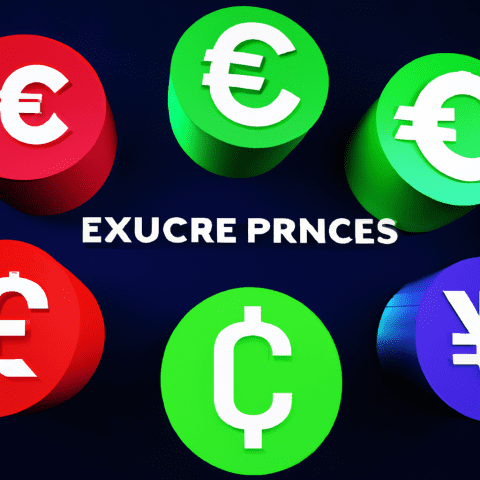In the ever-evolving world of cryptocurrency trading, navigating the plethora of options available can be overwhelming. From centralized exchanges to decentralized exchanges, and everything in between, understanding the differences and choosing the right platform for your needs is crucial. In this comprehensive guide, we will explore the ins and outs of crypto exchanges, including decentralized exchanges (DEXs), crypto swaps, and strategies for maximizing liquidity. Whether you're a seasoned trader or just getting started, this article will provide valuable insights into the world of crypto trading on platforms like Ethereum, Solana, and more. Let's dive in and discover how to make the most of your crypto assets in today's fast-paced digital market.
1. "Navigating the World of Crypto Exchanges: Understanding the Difference Between Centralized and Decentralized Exchanges"
Navigating the world of crypto exchanges can be overwhelming, especially for newcomers to the cryptocurrency space. One of the key distinctions to understand is the difference between centralized exchanges (CEX) and decentralized exchanges (DEX).
Centralized exchanges, such as Coinbase or Binance, are operated by a company or organization that acts as an intermediary between buyers and sellers. These platforms are user-friendly and offer a wide range of trading pairs, as well as features like margin trading and lending. However, centralized exchanges are also susceptible to hacks and government regulations, which can pose risks to users' funds and privacy.
On the other hand, decentralized exchanges, like Uniswap or SushiSwap, operate on blockchain technology and allow users to trade directly with each other without the need for a middleman. DEXs are known for their security and privacy features, as well as their ability to provide users with more control over their funds. However, DEXs can also have lower liquidity and fewer trading pairs compared to CEXs.
When choosing between a centralized or decentralized exchange, it's important to consider factors like security, privacy, liquidity, and the range of trading options available. Ultimately, the best exchange for you will depend on your individual needs and preferences in the world of crypto trading.














